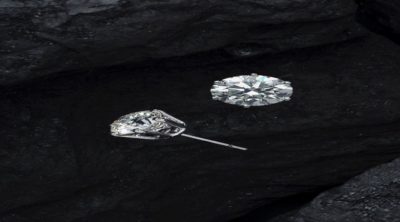Most people are surprised to learn time travel is possible. However, you would have to survive the wrath of a black hole in order to survive the challenge of time travel. Physicists have proven time slows down in black holes. This is quite the interesting phenomenon to say the least.
The Basics of Black Holes
Black holes are undoubtedly some of the oddest things in the entire universe. These gigantic holes form when mass is jammed into a comparably small space, squishing it down to a powerful density. Our science community is quite confident black holes exist throughout the entire universe. However, scientists are not completely certain as to what occurs within black holes.
The mathematics used to make sense of our universe’s physics do not hold up as expected when it comes to black holes. In other words, a new set of physics is necessary to comprehend what, exactly, occurs in black holes. In particular, physicists are challenged with explaining why it appears as though time slows down in black holes.
Kerr Spacetime
General relativity equations have led our top physicists to a situation referred to as Kerr spacetime. Our science community believes Kerr spacetime is what occurs when a black hole fulfills its evolution. Kerr spacetime is independent of time. This means that events within Kerr spacetime do not change as time progresses.
In other words, time does not exist in black holes. This means black holes are basically standing still in the context of time. No additional processes occur when black holes reach Kerr spacetime.
How Quickly do Black Holes Reach Kerr Spacetime?
Two of the world’s top physicists, Thomas Backdahl and Valiente Kroon have created a mathematical formula that appears to gauge the speed at which black holes hit the forementioned Kerr state. These scientists have proven black holes have the potential to hit the Kerr state in mere seconds.
The mass of the black hole ultimately determines how quickly it achieves Kerr spacetime. This formula requires an in-depth analysis of the region surrounding the black hole, known as the event horizon. When mass of any sort, or light for that matter, moves through a black hole’s event horizon, it can no longer move beyond the hole’s gravitational pull.
A Warping of Spacetime
Black holes are enormous to the point that they bend spacetime’s fabric. Spacetime consists of time along with spatial dimensions. This means an individual within a black hole experiences time different than an individual outside of a black hole. In other words, if you were to shine a light into a black hole and gauge the time that passes before that light is subsequently reflected back in your direction, it would take forever. This light would gradually slow as it moves toward the black hole until it completely stops at the hole’s event horizon.
Alternatively, let’s imagine a situation in which a friend moves toward a black hole. Prior to this brave expedition, your friend states he will flash a flashlight toward you every other second while approaching the black hole. From your point of view, your friend would slow down while moving toward the black hole. The time interval between his flashes of light would increase. However, from your point of view, your friend does not actually move down into the black hole. Rather, he moves slower while approaching the hole’s event horizon. This mean time reaches a standstill when your friend – or anything for the matter – reaches the black hole’s event horizon.


